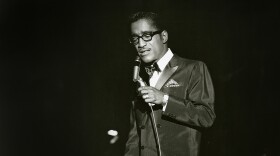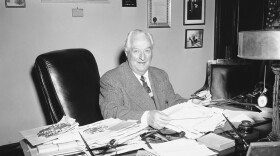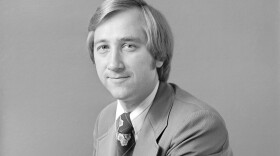Last time we were talking about efforts in Nevada to pass the Eighteenth Amendment to the U.S. Constitution to outlaw alcohol sales. An initiative got the question on the general election ballot in 1918. It turned out to be like … a political campaign.
The Anti-Saloon League hired a new leader with experience as a publicist. The Women’s Christian Temperance Union helped. The National Wholesale Liquor Dealers Association took the opposite position. A new group was formed, United Nevada Industries, to oppose the ballot measure.
The Prohibitionists got help from Nevada’s senior U.S. senator, Key Pittman. He wrote to the Nevada Dry Campaign Association on behalf of the initiative. What makes that interesting to consider is that Pittman was then considered a heavy drinker, and today we would view him as an alcoholic.
The economics were an issue. The wets claimed saloons and liquor sales produced revenues. The drys countered that they also led to violence and social problems that cost money in the courts, and those costs would now go away.
And patriotism played a role. The U.S. had entered the first world war just after the legislature set the issue aside for the ballot. The war had a big impact. The country was fighting Germany, and the Prohibition forces were all too happy to tie alcohol to the war effort. Not just because Americans should have been concentrating on victory and not hoisting a glass. Remember: Anheuser Busch, Schlitz, Miller, and other brewers were of German origins. And Irish whiskey was a target as well: Irish Republicans had rebelled against English rule, and England was America’s ally in the war.
On November 5, 1918, the ballot question passed easily, 13,248 to 9,060. Every Nevada county gave Prohibition a majority except Esmeralda and Storey. With the law taking effect, about 800 saloons were expected to close before the end of the year. Meanwhile, the whole country was moving ahead with Prohibition: the constitutional amendment was quickly being ratified. When the legislature met, Governor Emmet Boyle, just elected to his second term, said, “Nevada having expressed herself unequivocally and favorably on the matter of state prohibition, and both political parties represented here having in their platforms pledged their legislative representatives to the ratification of the Amendment to the Federal Constitution providing for National Prohibition, you are urged to promptly and unanimously ratify the federal action.” It quickly passed, although, as we mentioned last time, it wasn’t really necessary, because enough states already had ratified the Eighteenth Amendment for it to become law.
Nevada’s experiment with Prohibition didn’t go well. The legislature quickly had to amend the state’s anti-liquor law because it banned too much, including “all malt or brewed drinks, whether intoxicating or not.” That went a little too far.
But enforcement was controversial and difficult. Some authorities wouldn’t enforce the law, others did it sporadically, and sometimes it depended on who was elected or appointed to office. Nationally, various enterprising folk realized that banning alcohol didn’t mean people didn’t still want it. Bootlegging became a major industry. When Prohibition was repealed in 1933, organized crime interests sought additional revenue streams, and Nevada provided them with legal gambling. Ironically, Nevada had voted to end alcohol sales, but as we know, the state became central for those who skirted that law … and others.








